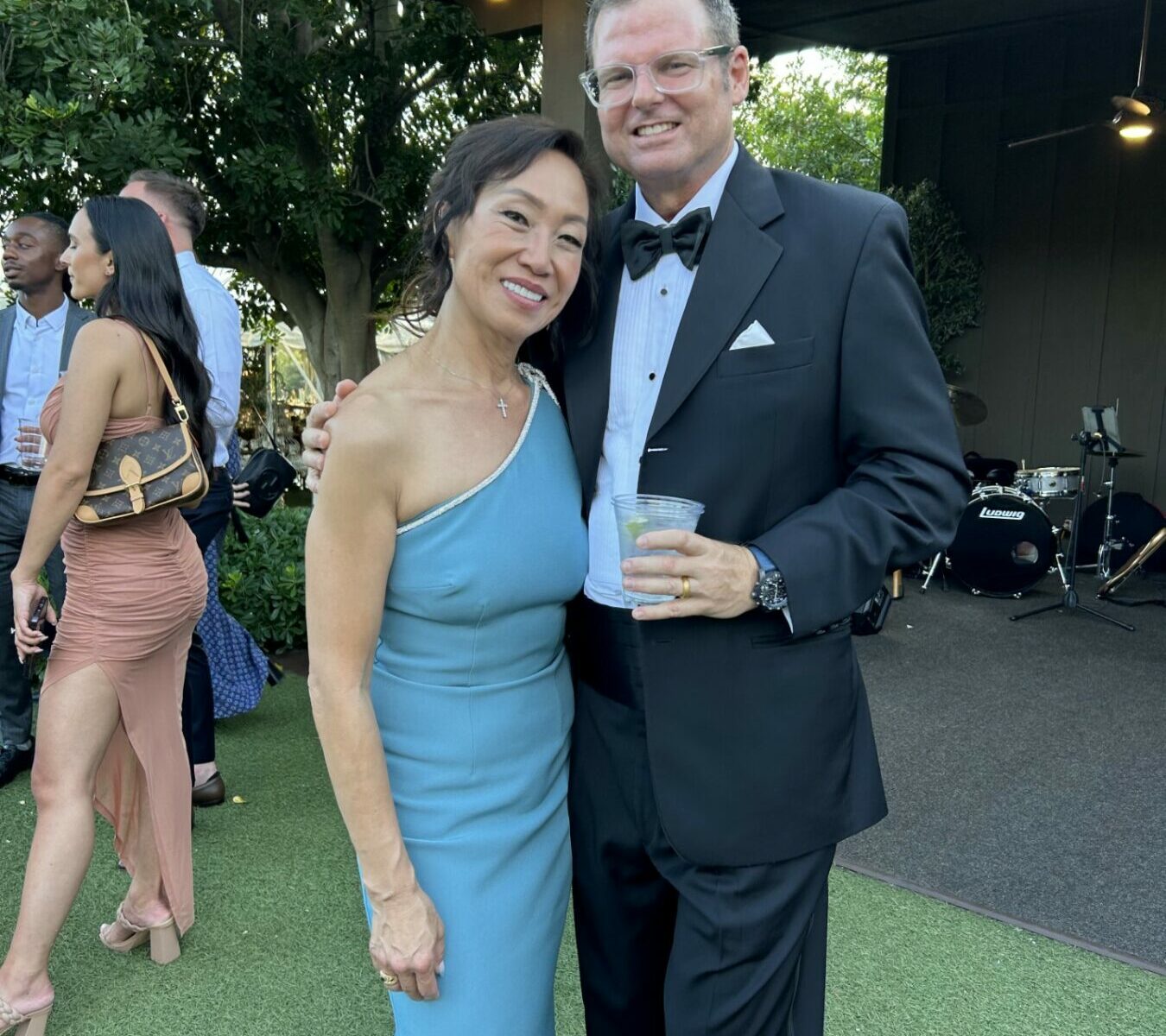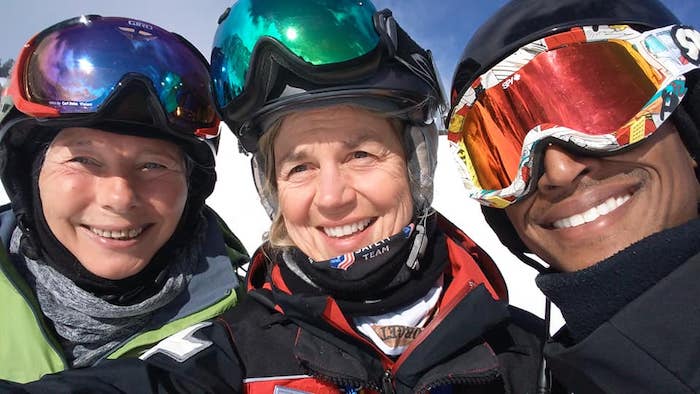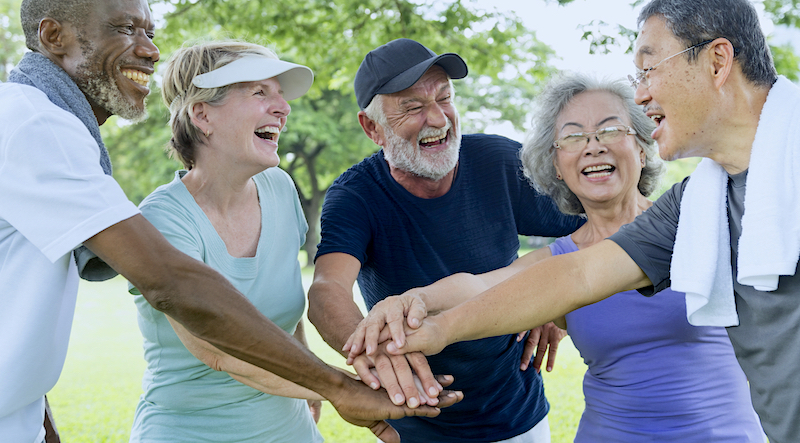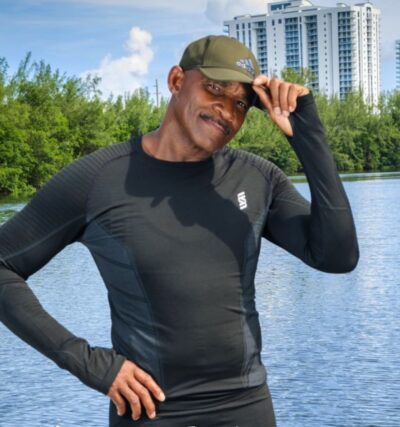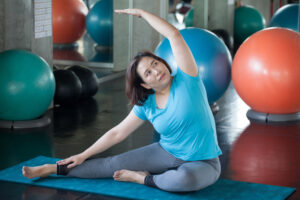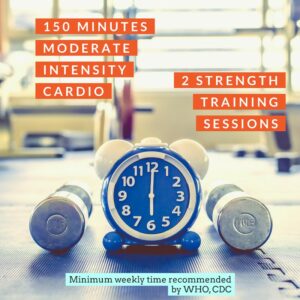To celebrate the month of love we have one of our many couples here at FCF…
Scott & Gloria and their unique story…
Today if you were to pass them on the street you would notice a fit, healthy couple and when you find out they regularly exercise even think, ‘well of course they “look” like fitness people’. However, their story shares a different tale of why they regularly train with us at FCF.
We absolutely love both of their positive attitudes, even when it’s a tough day. They come in, do the best they can that day, and leave feeling 10x better than when they walked in. Where many people who see obstacles, they see a reason to a maintain a healthy training program, so that they not only benefit today, but their future self in 20 or 30 years. These rockstars have maintained dedicated to their fitness program, have great work ethic, have persevered through various health challenges, and hit so many personal milestones, which makes them our inspirations of the week!
Here’s their why…
|
|
Almost 7 years ago, Scott woke up one morning with excruciating pain in his neck. This eventually led to a major neck surgery, some nice hardware and a change in Scott’s lifestyle. Post surgery the things he loved, like surfing, was off the table due to the uncertainty of permanently damaging his neck. His exercise routine of boxing in the garage and road biking all became a challenge or not an option. Life took a turn and now he had to figure out how to regain his strength and find new safe activities to maintain a healthy lifestyle.
Two months post-surgery, his friend and former law partner told him about Full Circle Fitness and since physical therapy hadn’t helped manage his pain he reached out for help from Rosa. After meeting Rosa and putting together a plan that started with some mobility work and pilates, he was sold and became a dedicated member. Gloria says, “Rosa’s knowledge, good nature, and empathy for his situation helped him immeasurably.”
Over the last 6 years at Full Circle Fitness Scott’s training program progressed from mobility and pilates, to strength training, and now he participates in small group training sessions and some yoga to help manage his pain and alignment. He can’t say he loves it all the time, but the routine provides relief and that’s what’s most important.
He will tell you, “There are days I wake up with incredible pain, but after a session with Rosa, I am able to sit at a desk and work, as well as to be able to manage some outdoor activities that I enjoy. What a miracle and a blessing. I have been working with Rosa twice a week for almost 6 years.”
After 2 years of training, he was even confident enough to try surfing again when the conditions are right, has returned to road biking and even participated in a few 50 mile and 100 km races. That’s the truly important stuff here. His passions that he thought were gone after surgery, are back! To say I am proud as his coach is an understatement.
Although there are still some days where there is more pain, after a training session he always leaves feeling better and is able to take on the day!
As for Gloria, well….Her reason for starting a training program was completely different, but equally important.
Here’s her story…
” I absolutely abhor exercise.”
Scott said, ‘no come in and meet the folks at FCF. They’re great. I think you’ll like it.’
She’d heard that before from Scott; some trickery to try to get her to exercise!
You see… everyone has a journey and although they start at different times, for different reasons, and has different goals, the most important part is that they started and encourage each other.
They didn’t give up or stop when severe pain, migraines, surgeries, business travel or a variety of other stressors came up in life. They took a day, or two or even a week off then came back with a vengeance, they know their deeper why and Scott and Gloria had each other to keep each other accountable.
They had a mutual goal this past year as well…their son’s wedding!
They doubled down, cleaned up their nutrition a bit and attended their son’s wedding feeling confident, with enough energy, and enjoyed the special moment. That’s what matters!
If you’re ready to find out how to create a realistic and maintable fitness program, we would love to help. Just text or call us at 657-231-6207.
Talk soon,
Coach Rosa

